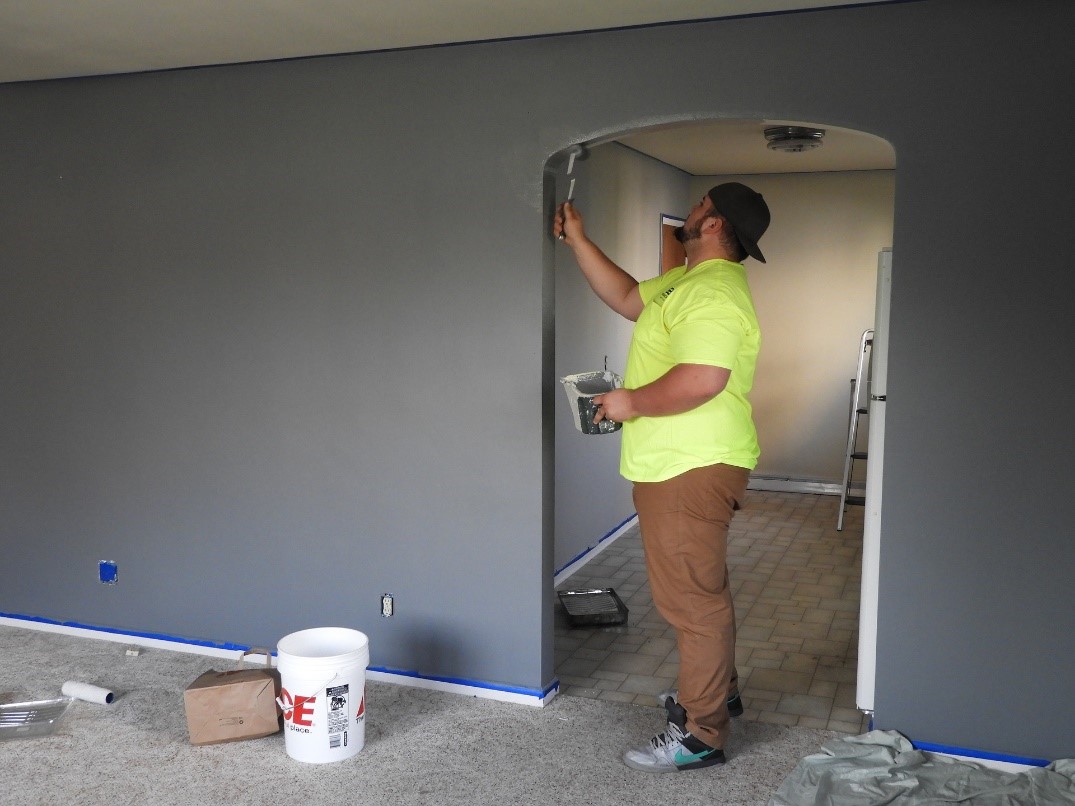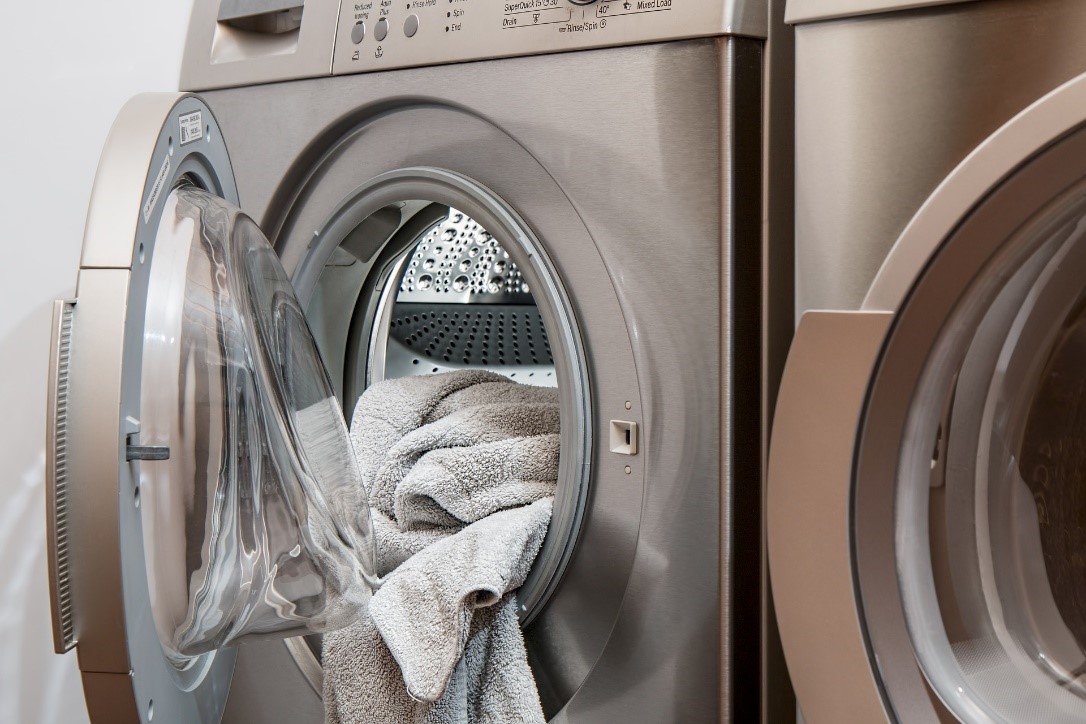Key Takeaways
- We tend to underestimate the true costs of things that might be new to us.
- If you’re buying a home, make sure you’re informed on all the costs that come with homeownership.
- Purchasing a home also affects your credit rating, something you will want to be aware of if you have any additional upcoming credit-related activity.
If you’ve ever packed for a trip, you’ll appreciate the advice “Take twice the money and half the clothes.” Indeed, once we’ve been on vacation for a few days, we often find we have too little of the former and too many of the latter. Preparing for unfamiliar situations can certainly put us in this situation of not having what we need.

In much the same way, purchasing a house may lead to some unexpected money changes, as Money.com outlines in a recent article.
First, you’ll have ongoing maintenance costs. If you were renting in the past, that’s not something you had to consider. Be prepared to spend an average of one dollar per square foot per year to maintain your home. In other words, if you have a 2,000 square foot home, that’s $2,000 per year you’ll likely be spending on repairs, maintenance, and improvements.

Second, you’ll be paying property taxes and possibly homeowner’s association (HOA) fees. The average real estate tax, according to Lending Tree, is $2,375 per year. HOAs can be as low as $50 per month, but can run much, much higher, depending on what the HOA provides.
Third, your savings becomes more important, as you’ll likely have unexpected expenses, such as burst pipes, appliances that suddenly give out, and that screen door that Rover decided to run through. You’ll want to ratchet up the amount of money you have in your savings for these types of expenses.

Fourth, you can’t make late payments on your mortgage. Unlike being a little late on credit card payments, where you might receive a late fee, being late on a mortgage payment has much more serious consequences. It will adversely affect your credit rating and you could even lose your home.
Fifth, be aware that your credit score will decrease when you buy a house, and it’ll take about nine months before it recovers. This makes sense, as you now hold a lot more debt. So if you’re planning any additional credit-related activities during this time, you may want to hold off until your score has improved.
So whether you’re planning a vacation or a home purchase, it’s always a good idea to be prepared. Go into it with your eyes wide open and “take twice the money and half the clothes.” Until next time, enjoy.

